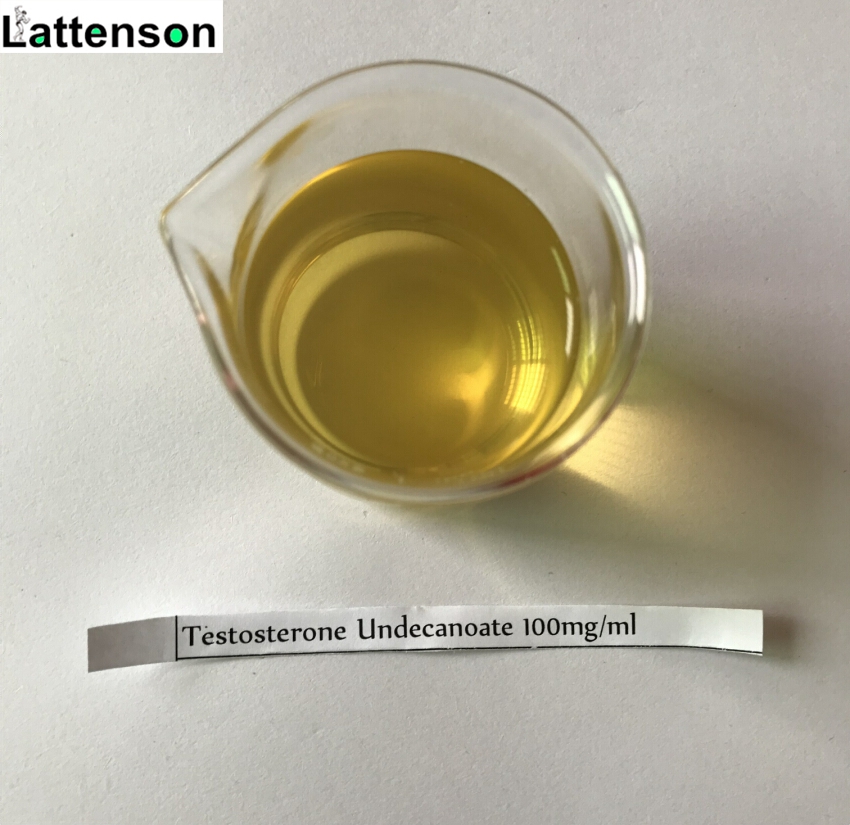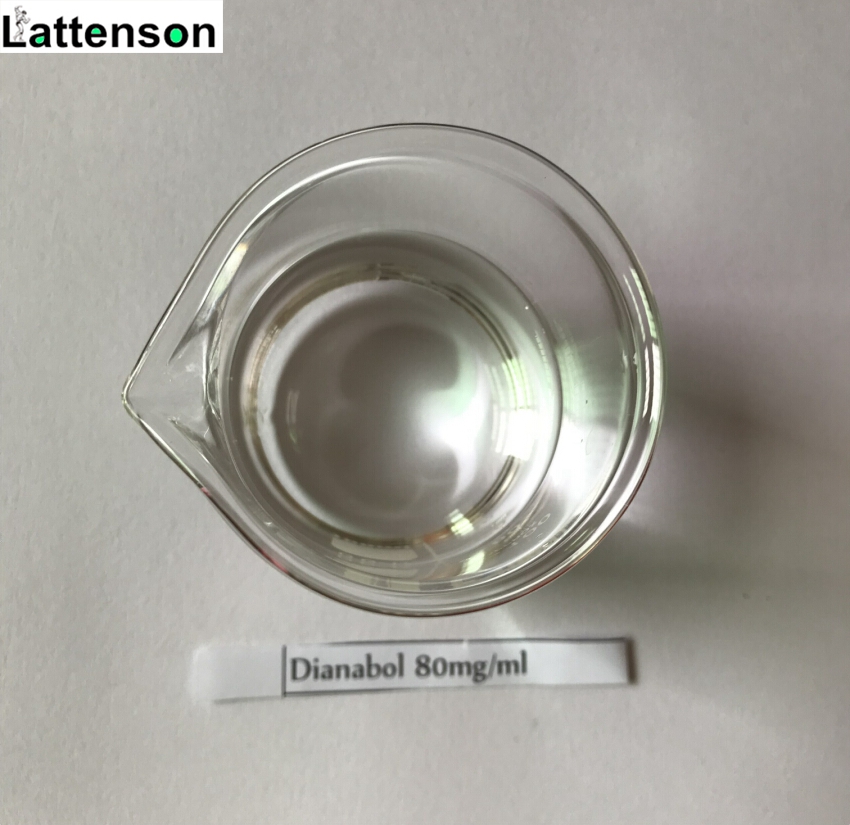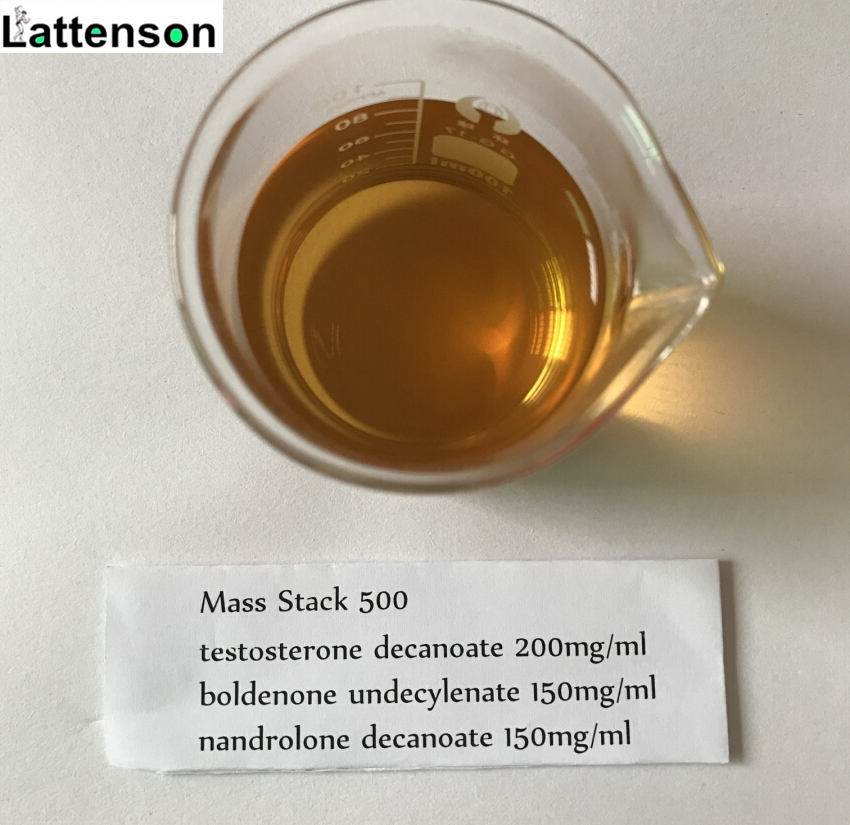CAS:5949-44-0
MF:C30H48O3
MW:456.7
EINECS:227-712-6
Synonymes:UNDÉCANOATE DE TESTOSTÉRONE;UNDÉCANOILATE DE TESTOSTÉRONE;17-bêta-hydroxy-5-alpha-androstan-3-onundécanoate ;testostérone,undécanoate(ester) ;andriol;4-ANDROSTEN-17BETA-OL-3-ONE 17-UNDÉCANOATE;4-ANDROSTEN-17-BETA-OL-3-ONE UNDÉCANOATE;17-[(1-oxoundécyl)oxy]-androst-4-en-3-one
Point de fusion:59-61°C
température de stockage. Substance contrôlée, -20C Congélateur
Abstrait
Testosterone undecanoate is a long-acting man-made version of testosterone, l'hormone sexuelle masculine naturelle. Testosterone is responsible for the normal growth and development of male sex organs and characteristics. It includes growth and development of male organs of penis, testicles, prostate, body hair, vocal cord thickening, and muscle and fat distribution. The FDA approved testosterone undecanoate in March 2014.
Application
Testosterone undecandoate might be prescribed for the treatment of hypogonadism in men, but more recently, the androgen has been used as a male contraceptive. Since the 1980s, researchers have been testing testosterone variations in an attempt to develop one. While this testosterone ester produces effective results in Asian men, the hormone requires the addition of other hormones to produce equally successful outcomes for men in other countries.
This ester of testosterone suppresses follicle stimulating hormone (FSH) and luteinizing hormone (LH), interfering with the signals required by the testes to produce sperm and resulting in lowered sperm counts. Men usually do not experience the full effects of treatment, toutefois, until after the first two or three months of receiving the drug. Sperm counts then remain low for the duration of treatment. Counts generally return to normal anywhere from two to six months after cessation of treatment.
Chinese researchers first combined 200 milligrammes (mg) of testosterone undecandoate with tea tree oil and administered the formula by intramuscular injection. Men received periodic injections over the course of 30 mois. During the first trials, 80% à 90% of the men involved in the study developed sperm counts of less than one million sperm per milliliter (ml) of ejaculate. Normal sperm counts average around 20 million sperm per ml. After three months of treatment, the male contraceptive was 90% à 100% effective.














 Directeur commercial
Directeur commercial